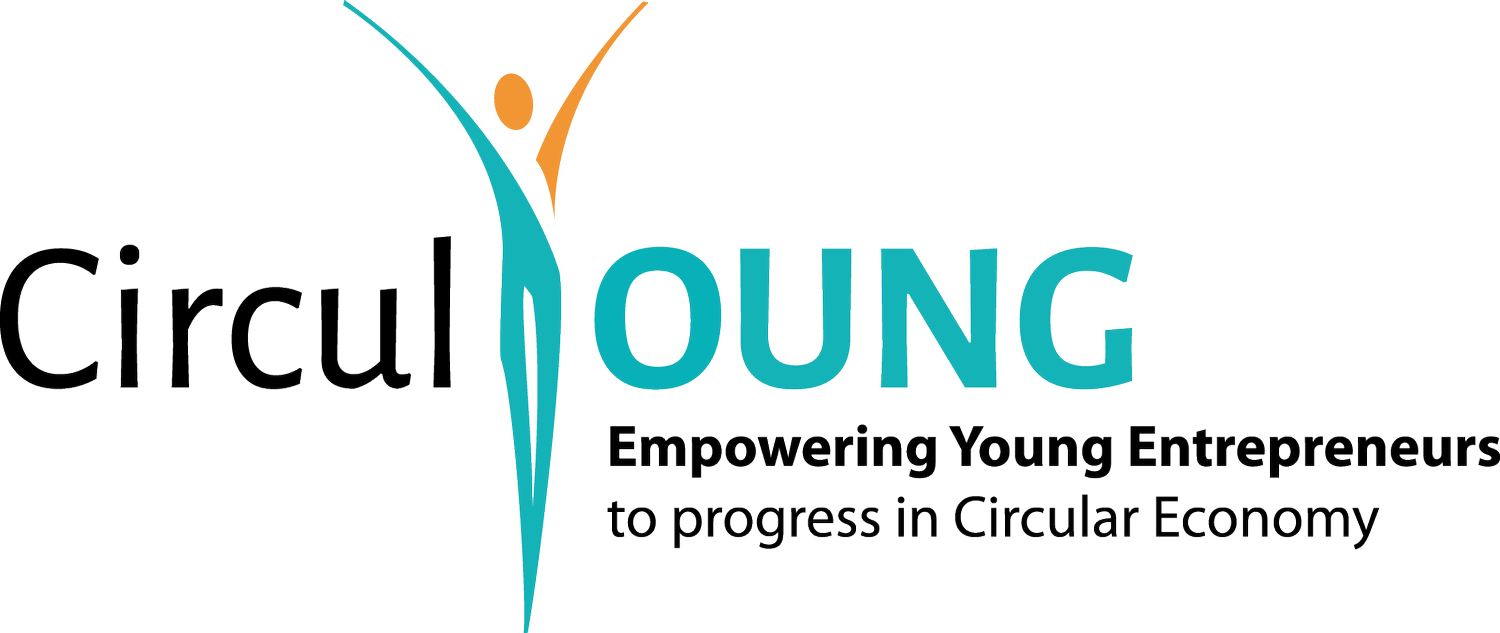Why the Circular Economy Needs Diverse Voices
The circular economy is an innovative model that seeks to redefine how we produce and consume goods by promoting reuse, recycling, and sustainable resource management. Unlike the traditional linear model of "take, make, and dispose," the circular economy aims to extend the lifecycle of products, reducing waste and minimizing environmental impact. This approach offers multiple benefits, such as reducing pollution, conserving natural resources, and creating new economic opportunities by fostering innovation and job creation in sustainable industries.
However, despite its advantages, implementing the circular economy faces several challenges. High initial costs for companies, lack of government incentives, and insufficient recycling infrastructure make large-scale adoption difficult. Additionally, many businesses still operate under traditional linear models that prioritize constant production over sustainability. Consumer habits also pose a challenge, as most people are used to a disposable culture, making the transition to more sustainable practices difficult. Moreover, supply chain complexities and a general lack of awareness further hinder the shift to a circular system.
While the circular economy presents a great opportunity for a more sustainable and efficient future, its widespread adoption requires overcoming significant obstacles. Governments, businesses, and consumers must work together to implement policies, invest in innovation, and embrace responsible consumption habits. By addressing these challenges, we can unlock the full potential of the circular economy, balancing economic growth with environmental responsibility.

